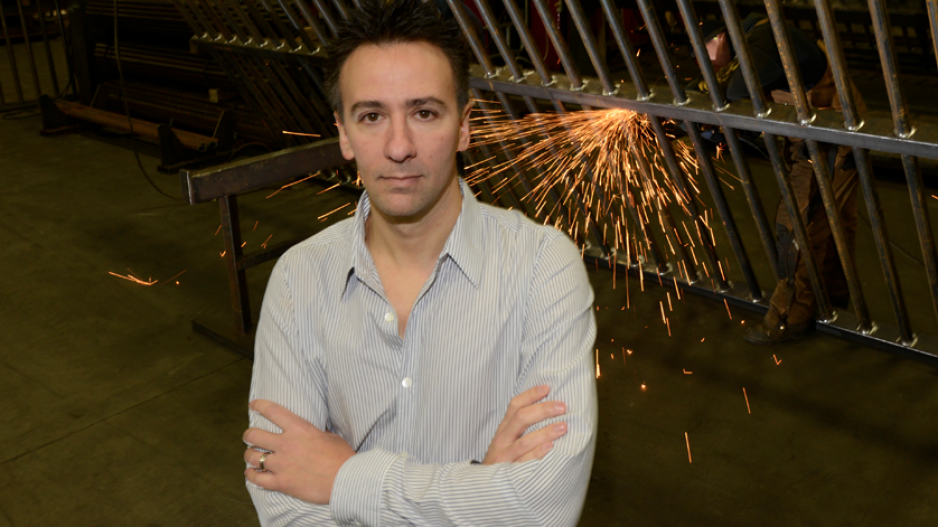The government of Canada has turned to a rarely-used piece of legislation in an attempt to put political pressure on the United States government over Buy America rules.
The Canadian government has signed an order under the Foreign Extraterritorial Measure Act (FEMA) “securing Canada’s right to prevent compliance with the Buy America provisions for this project,” according to a statement from Ed Fast, Minister of International Trade.
The dispute centres around a ferry terminal at the Port of Prince Rupert that the State of Alaska wants to rebuild. Alaska has leased the terminal, which is on Crown land, for decades.
Under Buy America rules, which apply to infrastructure projects that receive federal funds, the ferry terminal project must use steel that has been milled and fabricated in the United States.
That’s locked B.C.-based metal fabricators out of bidding for the project.
Under FEMA, Canada can penalize companies who work on the project. The Canadian law was amended in 1997 as a response to the Helms-Burton Act, an American law that allowed U.S. nationals to seek damages against foreign companies that do business in Cuba.
According to a bulletin written by lawyers with Canadian law firm Blakes: “FEMA blocks the enforcement of judgments under Title III [of Helms-Burton] in Canada, restricts the production of records in Title III actions and gives Canadians a right of action to sue in a Canadian court to recover the amount of damages awarded against them.”
"They’ve used the same act, but they’ve issued an order with this particular case saying it’s illegal to comply with Buy America legislation in the case of [the] Prince Rupert [ferry terminal],” said Martin Lavoie, director of policy for the Canadian Manufacturers and Exporters Association.
“It makes the procurement of the contract pretty much impossible,” Lavoie said. “Alaska’s not going to get its terminal, that’s what it means.”
In his statement, Fast said his ministry was committed to continuing to negotiate with U.S. counterparts, but that Canada is prepared to exercise the order.
Canada had earlier asked the State of Alaska to apply for a waiver to Buy America rules, which the state declined to do.
Lavoie said he could understand why Alaska may have been reluctant to apply for a waiver, since it may have involved losing federal infrastructure funding for the project.
The construction of a new bridge between Windsor, Ontario and Detroit, Michigan, is an example of a compromise being made on Buy America restrictions, Lavoie said.
In that case, officials agreed that the steel used on the bridge, which was funded by both the Canadian and American governments, could originate from either Canada or the U.S.
@jenstden
CORRECTION: An earlier version of this story incorrectly stated that the new bridge between Detroit and Windsor was the Ambassador Bridge, an existing, privately-owned bridge between the two countries.




